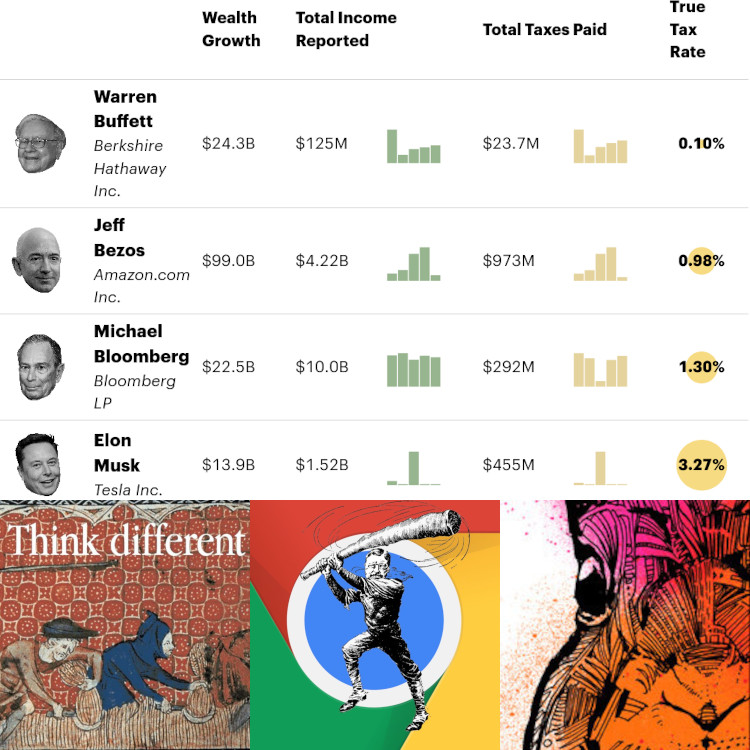
RABBITS is @tkmiles's debut novel - a taut, conspiratorial thriller with overtones of PK Dick by way of Qanon and Dark City.
penguinrandomhouse.com/books/604640/r…
1/
penguinrandomhouse.com/books/604640/r…
1/
"Rabbits" is the secret name for a mysterious game (AKA "The Game") that is shrouded in secrecy and is played by deciphering impossible clues, like extra tracks appearing on a beloved vinyl record or hidden levels on floppies of old games with references to modern events.
2/
2/
K's sidehustle is teaching curious people about the game and the handful of "winners" - known only by aliases that appear in impossible leaderboards, like glitched out reports from the Tokyo Stock Exchange - after hours at a Seattle retro video arcade.
3/
3/
But K's life is upended one night when a reclusive billionaire attends one of his lecture sessions, tangles some tantalyzing information about changes to Rabbits, and then vanishes utterly.
4/
4/
A new round of the game is now on, and K and his friends are in the thick of it - and yes, there's DEFINITELY something wrong with this iteration of the game, as players start to disappear or turn up mysteriously, horribly dead.
5/
5/
K's life is unraveling at the same time, as he suffers blackouts and false memories: a restaurant that closed six years ago being open and none of his friends recalling the closure, then a new album by David Bowie drops.
6/
6/
The conspiracies and coincidences in K's life are definitely part of the game, except maybe they aren't, and K and his friends are drawn deeper and deeper into an end-of-the-world scenario where violence and murder are increasingly common.
7/
7/
It's a fantastic and beautifully plotted, paranoid and mystical book, part pop-culture scavenger hunt (a la Ready Player One), part image-board conspiracism.
8/
8/
I'm speaking with Terry tonight at 6PM Pacific for an event hosted by @BookSoup. Join us!
eventbrite.com/e/terry-miles-…
eof/
eventbrite.com/e/terry-miles-…
eof/
ETA - If you'd like an unrolled version of this thread to read or share, here's a link to it on pluralistic.net, my surveillance-free, ad-free, tracker-free blog:
pluralistic.net/2021/06/08/leo…
pluralistic.net/2021/06/08/leo…
• • •
Missing some Tweet in this thread? You can try to
force a refresh











